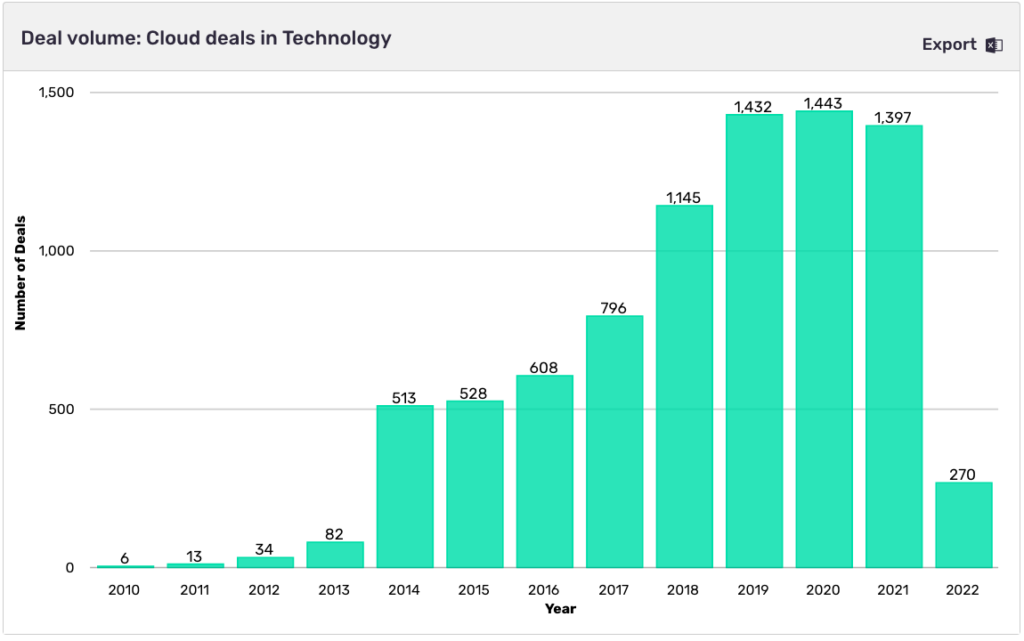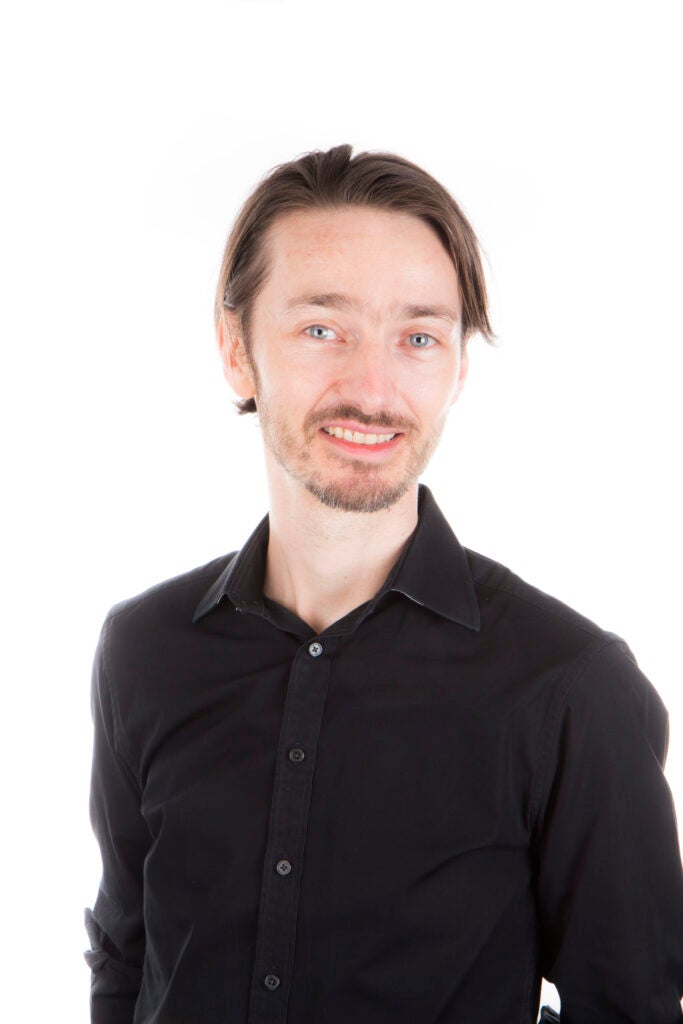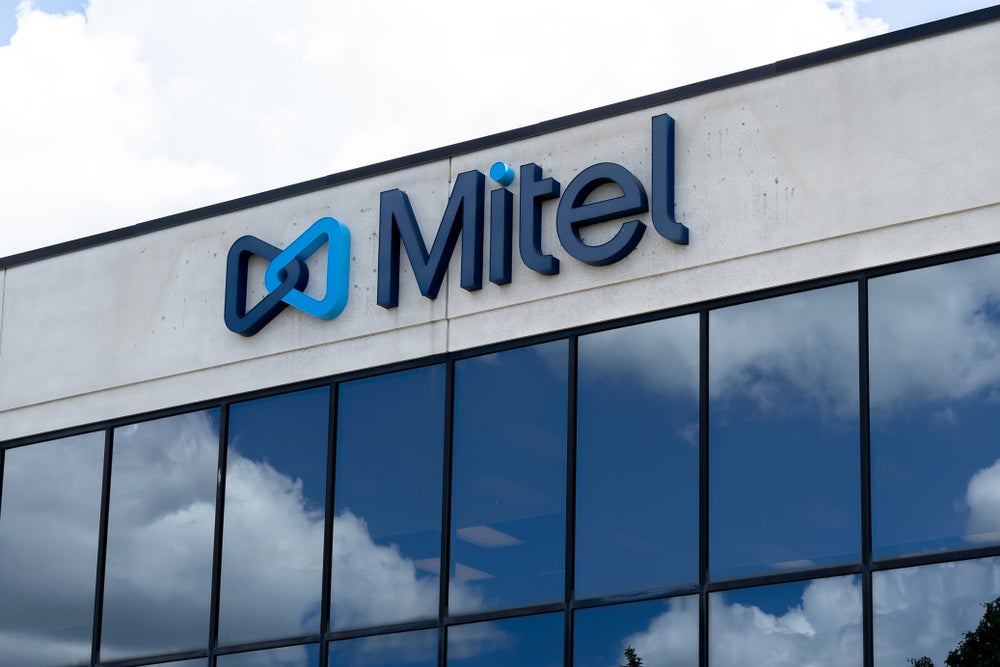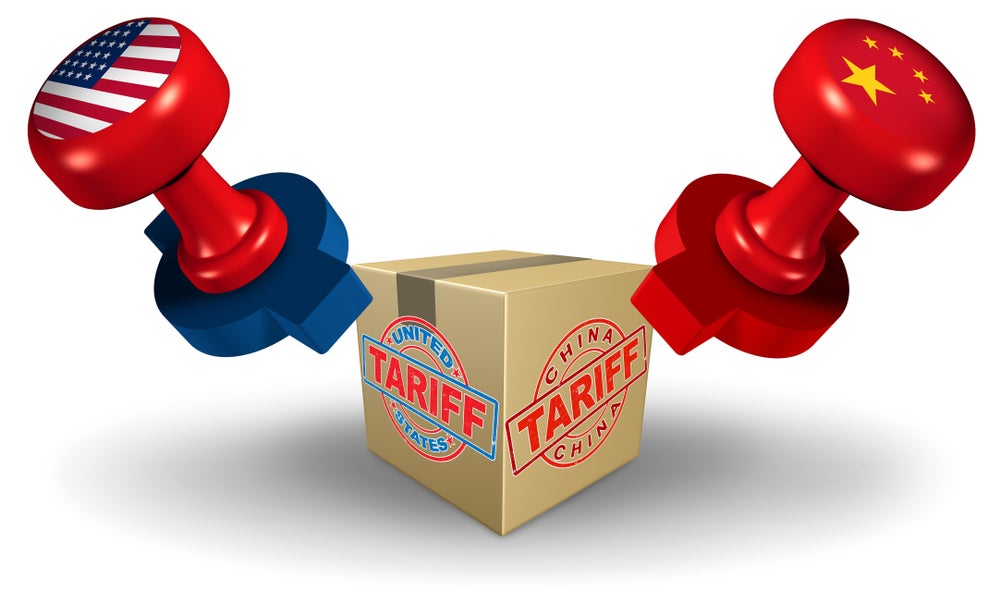
Fred Lherault is the field CTO EMEA at Pure Storage, the all-flash data storage hardware and software products developer.
Founded in 2009, the company raised over $470m in venture capital before going public in 2015. It is currently trading at a $9.16bn market cap. The company has been named one of the key IT infrastructure companies in the world by research firm GlobalData.
As the CTO of Pure Storage, Lherault has been part of the growing cloud computing industry. According to GlobalData’s data, the number of cloud venture funding deals have jumped from 513 deals $21.16bn in 2015 to 1,397 deals worth $212.16bn in 2021.

However, as the number of cloud computing services has grown, so has the threat landscape, something the Pure Storage CTO is intimately aware of.
In the latest Q&A in our CTO Talks series, the Pure Storage CTO reveals how the company responded to the threat of Log4j and what everyone gets wrong about cloud storage.

Eric Johansson: Tell us a bit about yourself – how did you end up in your current role?
Fred Lherault: I’ve worked in IT for my entire career. In 2012, I was fortunate enough to be one of the first employees to join Pure Storage internationally. My two colleagues and I were hired to create the EMEA business for Pure. I started as a systems engineer and in 2015 I moved to California to work in our engineering organisation.
How well do you really know your competitors?
Access the most comprehensive Company Profiles on the market, powered by GlobalData. Save hours of research. Gain competitive edge.

Thank you!
Your download email will arrive shortly
Not ready to buy yet? Download a free sample
We are confident about the unique quality of our Company Profiles. However, we want you to make the most beneficial decision for your business, so we offer a free sample that you can download by submitting the below form
By GlobalDataNot only did this give me the opportunity to understand how an engineering organisation works but also what engineers care about and what is required to get a product to market. I even had the opportunity to design some of our products and features.
In 2016 I returned to London to take that knowledge back to customers and that’s what I’ve been doing ever since.
How do you ensure that the data stored by Pure Storage is safe from breaches?
These days you can’t build a data platform without security being part of the design. We think about security from a product engineering perspective, adopting a DevSecOps mindset when it comes to building our products. We make sure that security is always front of mind, and we test for it automatically. We also keep on top of all the known security vulnerabilities, and when a vulnerability is detected we can react quickly.
For example, when the Log4j vulnerability hit the industry just before Christmas, it pretty much impacted everyone who uses Java. We had a cross functional team to work on the remediation and understand how we get our customers to deploy the solution easily. Our customers said that we were not only one of the first vendors to come up with a fix, but we also provided a solution that was incredibly quick and easy to deploy.
So, what I’m trying to say here is that tracking security vulnerabilities is key, but deploying a solution quickly is just as important.
What’s the biggest misconception people have about cloud storage?
The biggest misconception about cloud in general is that it’s cheaper than doing it yourself, when, in reality, it’s not. What you do get is faster time to market and agility. However, this comes at the expense of cost and vendor lock-in.
That’s where we come in. We build solutions that either help customers get the same agility on-prem, or if they want to use cloud services they can avoid the vendor lock-in and easily migrate resources, data, and applications from anywhere.
Where did your interest in tech come from?
As a kid in the early 80s, I was fortunate that we were one of few households that had a computer. When I was seven, I remember spending a whole day on the computer trying to draw a picture using a programme where you could define different angles and shapes. That’s where my interest in tech came from.
What one piece of advice would you offer to other CTOs?
My advice to other CTOs would be to always have a long-term vision, a positive mentality and plan for success not failure. When I was working within the engineering organisation at Pure, we were always thinking ‘we’re really excited to see this solution we’re building become really successful’. It’s easy to think about the challenges and pitfalls that we’re trying to avoid, but what’s the impact if the number of customers multiplies 10x or 100x? Would I still be making the same choices in regards to the design or service offering? You always need to think ahead considering both the positive and the negative.
What’s the most surprising thing about your job?
The thing that surprised me the most is how much I can learn just by talking to our customers. One customer highlighted a trend years before it was recognised by the industry. Those are the customers that I always want to talk to because I know that what they’re saying is what everyone else will be saying three years down the line.
What’s the biggest technological challenge facing humanity?
A significant challenge is being able to use technology effectively and responsibly to combat climate change, which is arguably one of the biggest threats we’re facing right now. By building sustainable technologies we can help to mitigate global warming and the worst impacts of climate change.
I’m proud to work for a company which takes environmental impact seriously. Pure designs, builds and delivers products and services that allow our customers to dramatically decrease their environmental footprints. For example, with our FlashArray products, customers can achieve up to 80% reduction in direct carbon usage in their data storage systems.
Our Evergreen architecture and Pure as-a-Service subscription deliver further environmental benefits by significantly minimising e-waste, extending the service lifetimes of equipment, and reducing underutilisation of storage.
I’m also really excited when I hear how some of our customers use our technology to power analytics in order to detect water leaks faster, or to accelerate biodiversity research.
What’s the strangest thing you’ve ever done for fun?
I’m generally quite tame, I enjoy cycling and visiting museums, but one of the strangest experiences I’ve had is driving on lava plains in Hawaii. One side of the big island is completely covered in lava – solidified, of course – and it feels like you’re on another planet.
What’s the most important thing happening in your field at the moment?
There are two important areas to highlight here, the first is sustainability. With customers now considering whether technologies are environmentally friendly before investing in them, it’s no longer about just being the best solution, it’s also about being the most sustainable.
Secondly, I’d say that developers have become the most important employees within many organisations. Empowering software developers is the key to digital transformation – they build whatever you need so you can sell digitally to your customers and remove any friction.
There’s a limited pool of developers out there though, so organisations need to focus on how to best support their existing ones so they can spend more time coding and building quality products or services.
In another life you’d be?
When I was a kid, I wanted to work in forest conservation. That was before people realised that IT was a real career choice. I grew up living on the highest house on a hill, and I spent most of my free afternoons and weekends in the forest.
GlobalData is the parent company of Verdict and its sister publications.







